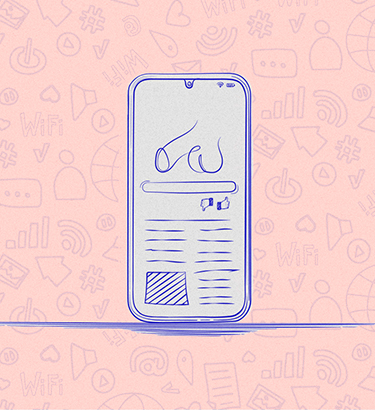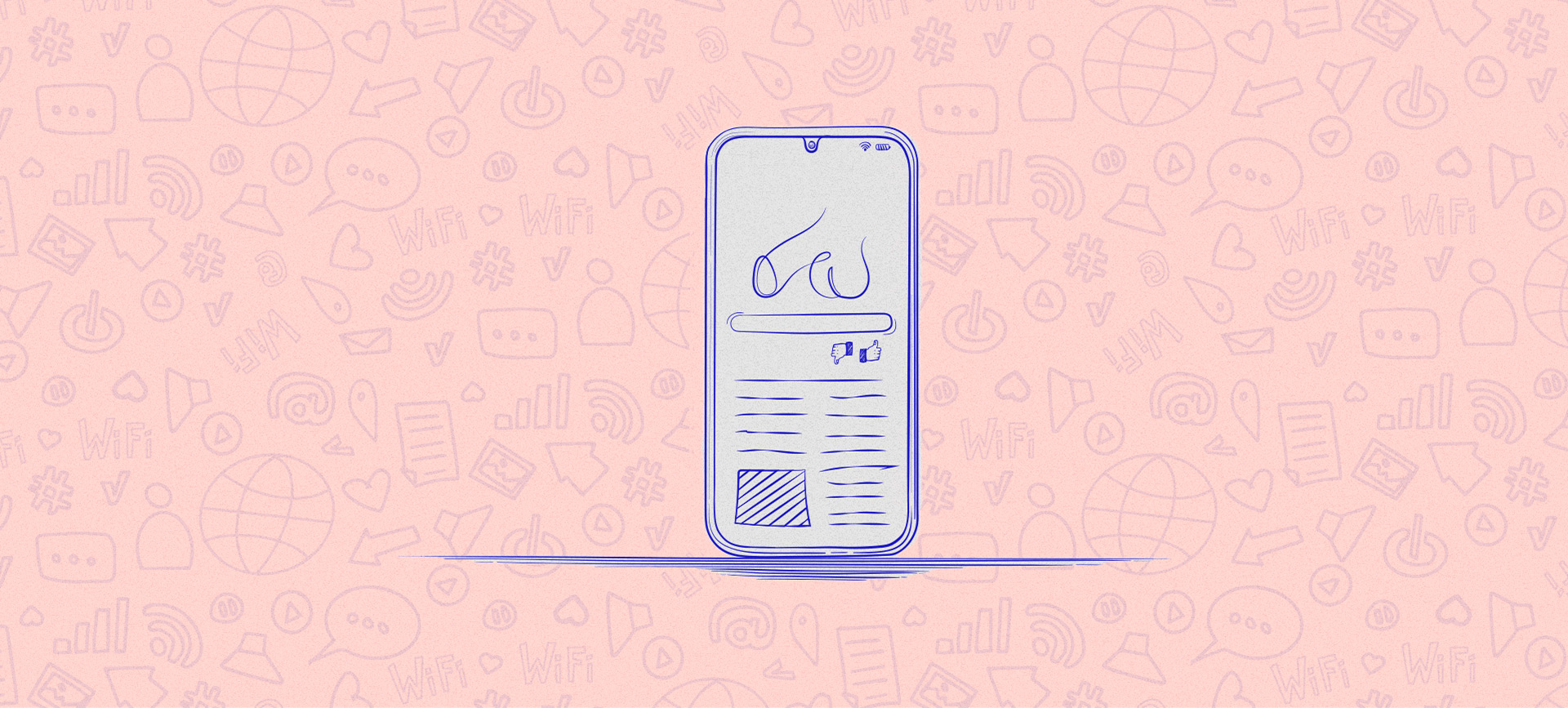Online medical misinformation has grown to be such a problem that three separate studies on the topic were presented at the 2022 American Urological Association conference. The studies honed in on subjects such as the shocking ratio of misinformation to quality information on men's health topics on social media, the spread of "bro-science" regarding testosterone replacement therapy (TRT) and misinformation on urinary tract infections (UTIs) in women.
In this four-part series, we'll look at what the studies revealed and speak with some of the doctors who wrote these reports. Plus, we'll check in with some frontline healthcare providers to get their take on the proliferation of online urological misinformation and some ways they try to combat it in their own practices.











